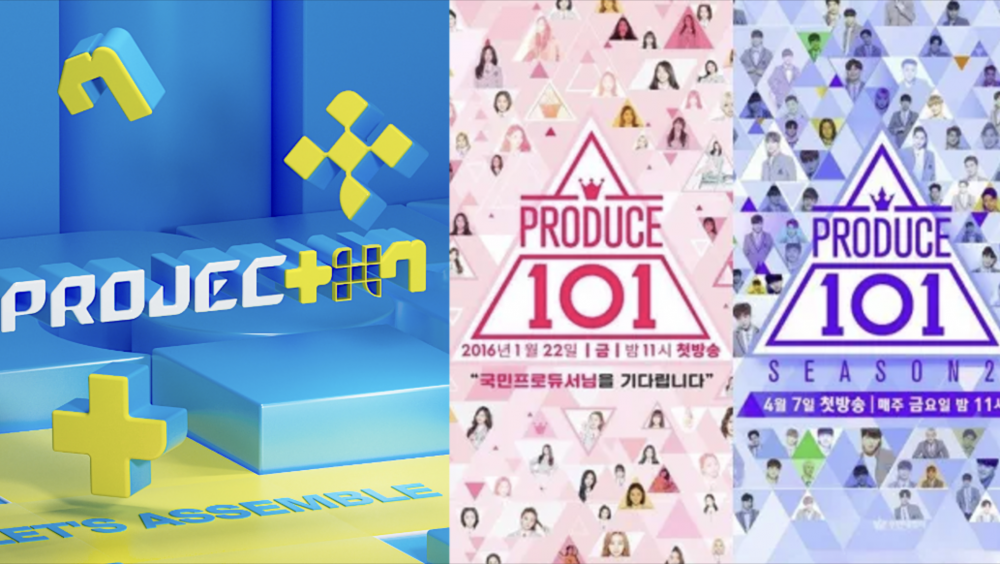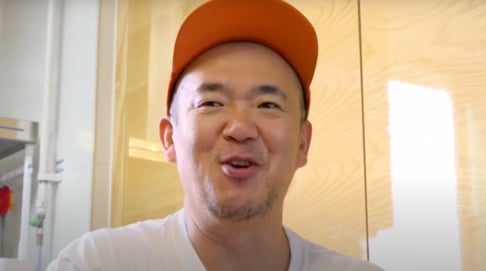
As if viewers didn’t get enough of the idol survival program drama, it seems like broadcast companies can’t get enough of the tension, evil editing, and unsure futures of aspiring idols. Recently, JTBC has aired their version of the idol survival program called “Project 7.” This is yet another attempt to capitalize on the thrill and anxiety these shows generate among viewers.
If you remember, back in 2016 when it was announced that Mnet would broadcast an idol survival program called “Produce 101,” many people were intrigued. Of course, there have been idol survival programs in the past, but they were more company-based like “SIXTEEN,” a collaborative project aired in 2015 between JYP Entertainment and Mnet. However, it wasn’t until “Produce 101” that an idol survival program was done on such a grand scale, captivating audiences nationwide and even internationally.
While there have been countless other singing survival programs such as “Show Me the Money,” which first aired in 2012, it wasn’t until “Produce 101” that the public went rampant with pitting idols against one another in the hopes of making a debut. The first season brought in immense popularity, leading Mnet to air a second season, which was just as popular, if not more. Since then, there’s been an endless boom of idol survival shows, with new programs popping up almost every year. However, what was once an exciting and fresh format has gradually become overused and stale, leading many to feel that these shows have lost the unique appeal and sense of anticipation they once had. The repetitive nature of these competitions, with similar plotlines and predictable emotional arcs, has left viewers fatigued and craving something new and different. It seems that the magic and suspense that drew audiences in the first place have slowly faded, replaced by a sense of déjà vu and predictability.
It’s also frankly a bit saddening to see familiar faces jumping from one survival program to the next, in the high hopes that their hard efforts will finally pay off in the form of an actual debut. However, it doesn’t stop there. It’s more disheartening when an idol group that has already made their debut ends up on these broadcasts due to the lack of proper management and promotion from their respective companies. For example, in “Project 7,” contestants like BAE173, despite having debuted already, are participating in this show, leaving renowned producer Ryan S. Jhun visibly shocked to see these boys having to prove themselves again.
These recurring formats raise an essential question: rather than forcing trainees to compete fiercely against one another, why not take them, form a group, have them create their own album and concepts, and present it to the viewers? This way, the public could gain more insight into the creative process of how an album comes to be, rather than constantly witnessing the downfall of each contestant every episode. It would add more depth and a fresh perspective to these shows, beyond the typical elimination formula.
Why are viewers given the same shows repeatedly? If it isn’t talk shows, it’s survival programs, but aren’t variety programs called “variety” for a reason? It feels as though many broadcast companies are lacking innovation in recent years, merely recycling similar ideas. Perhaps it’s time for something new that genuinely reflects the dynamic nature of entertainment and variety in the media landscape.
At this point, the saturation of survival shows isn’t only tiresome to the viewers but also harmful to the aspiring idols who are continuously struggling to secure their dream careers. With the rise of social media and digital content, it might be time for the industry to rethink how it showcases talent, focusing more on the journey and growth of these artists rather than perpetuating a cycle of competition and emotional distress. Only then can they create truly engaging and varied content for the audience.
 SHARE
SHARE









































